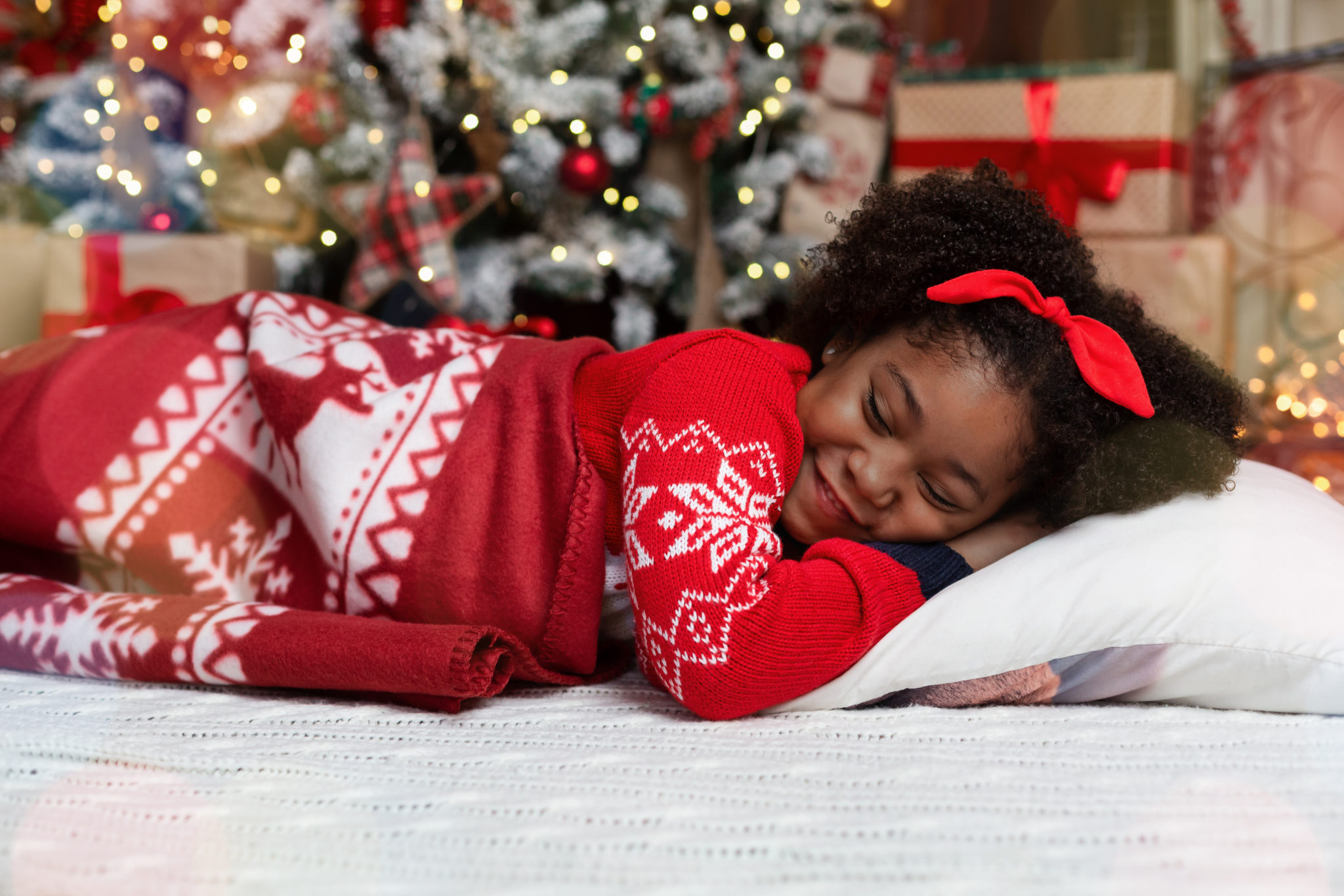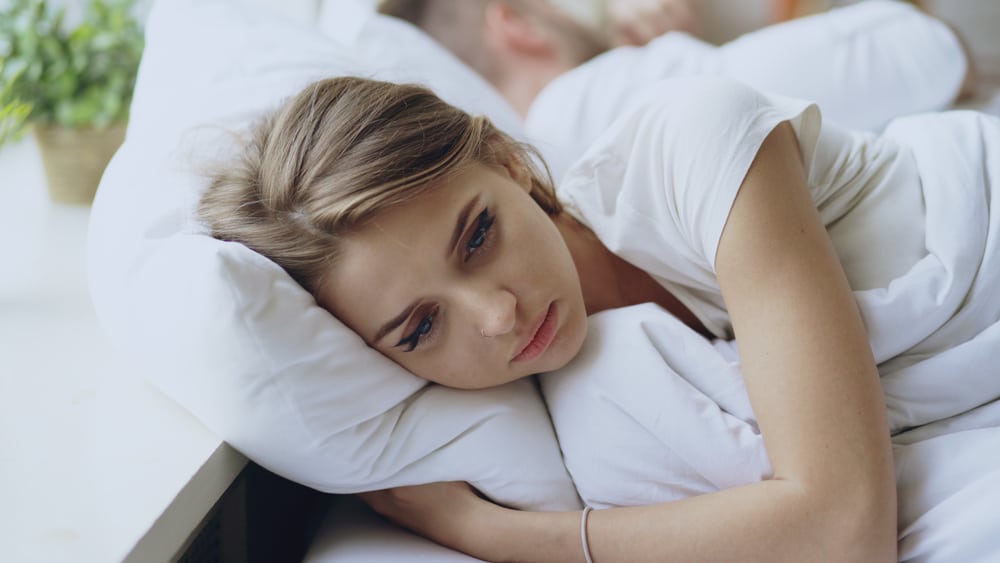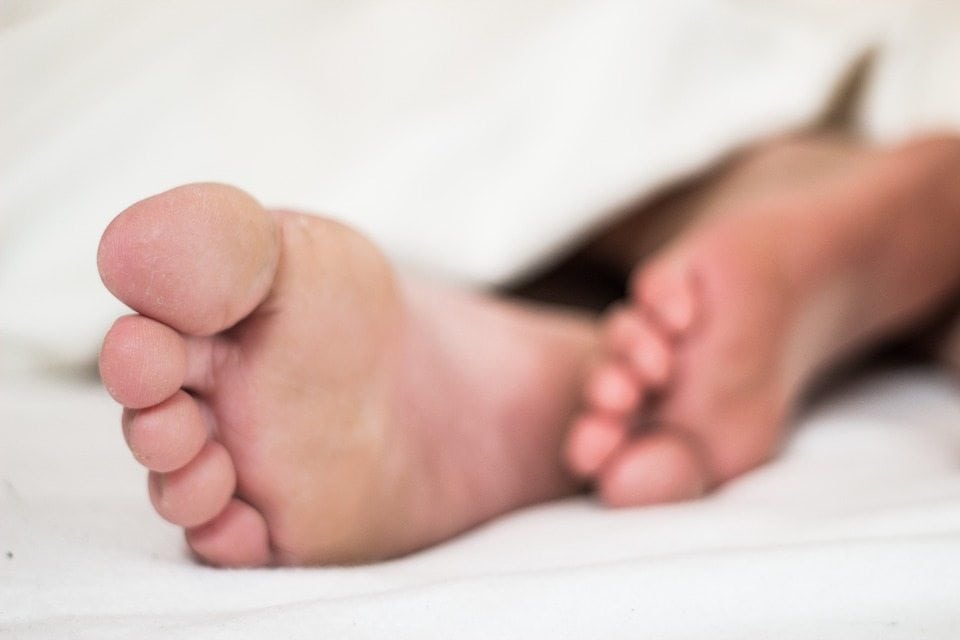One of the most difficult nights of the year for getting small children to bed on time is Christmas Eve.
With all the excitement it’s hard to make sure they get enough sleep and remain on top form emotionally during Christmas Day itself. I remember all too well being grumpy as a youngster on Christmas evening as by that time the lack of sleep had caught up with me..
Here are ten top tips on how to help your kids get to sleep on Christmas Eve so you can all have a fantastic and wide-awake Christmas Day
Top Sleep Tips for Christmas Eve
1) Agree on a plan for Christmas Eve.
Start by agreeing on a broad plan for Christmas Eve. Make the morning active, to tire your children out. Then, wind things down in the late afternoon. In the evening, make things even slower and more relaxing to prepare your children for bedtime. Have set bed and wake times which everyone agrees with. If you are going away or changing sleeping arrangements agree on who is sleeping where and in what bed too.
If you plan to let your children stay up late on Christmas Eve, the best solution is to gradually tweak sleep times in small steps of either 15 or 20 minutes for young kids and toddlers or 30 minutes for older children in the nights leading up to the big night. This makes it far easier for their body clock to adjust and ensures that they get the best possible night’s sleep.
Another benefit here is that it means you can manage bedtime excitement by allowing longer even more relaxed bedtime routines. However, always highlight that this extra time is an allowance for coping with the extra excitement of Christmas rather than as a reward for good behaviour which would confuse healthy boundaries around sleep.
2) If getting up earlier on Christmas Day, wake earlier on Christmas Eve too.
However, if the plan is for the family to wake up earlier than normal on Christmas Day ease the impact on your children’s body clock by staggering the change the other way. This would mean waking earlier on Christmas Eve too. For example, if you are planning to allow your children to get up at 6 am on Christmas Day and their normal wake-up time is 7 am then set the alarm for 6.30 am on Christmas Eve. Not only does this help their body clock to cope with the change in times but it also sets them up to fall asleep a lot easier on Christmas Eve evening, as they will be ‘sleepy earlier’.
3) Make the morning physically active.
Get your children outside to exercise. This burns off energy and provides a deeper and more refreshing night’s sleep. A long family walk is great and playing an energetic sport is even better. Sunlight early in the day also strengthens the body clock. This in turn makes it easier to get to sleep at night.
4) Have all the tech and boisterous games in the afternoon.
Schedule any boisterous indoor games and computer games in the afternoon rather than the evening. Loud music is better in the afternoon too. If you are having a competitive family board or card game make them earlier in the evening. Then plan calmer evening activities later, such as charades, thoughtful games, reading or doing a jigsaw puzzle which are more conducive to sleep
5) Avoid too much sugar, it reduces sleep quality.
Certainly, children who sleep less than required crave more sugary food, and in studies, it’s been shown that poor sleep quality is significantly related to higher added sugar intake. However, there’s no scientific evidence that sugar speeds children up and causes hyperactivity. This ‘myth’ was created by research in the 1970s which has since been proven to be inaccurate. It’s thought that when we tell children that sugar will make them ‘hyper’ this sets up this behaviour as a ‘self-fulfilling prophecy’. However, it’s always best to reduce sugar intake across the day, especially closer to bedtime. Here, it’s especially important not to eat within two hours of sleep, as this can keep us awake. If you have relatives visiting, make sure they know not to offer treats late on too.
6) Technology curfew.
Keep all the normal tech curfews. Ideally, all technology which includes computer games and mobile phones should be switched off at least two hours before sleep. I prefer to keep things simple on Xmas Eve which is to have a tech boundary at the end of the afternoon and keep the evening solely for board games, cards, charades and festive family fun.
7) Do a bedtime countdown.
Give your children plenty of notice with 30, 20 and 10-minute warnings as to the agreed bedtime. Children tend to lose track of time when excited, although they can be taught the concept of time from a very young age. The problem is that young children can estimate time correctly only if they are forced to pay attention to it, to experience it based on the duration required to perform their actions. So maybe if you aren’t doing a bedtime countdown as part of your child’s usual sleep routine, Christmas Eve is a good place to start! It certainly works in my experience.
8) Keep the routine going.
Our brains love habits. Therefore maintain your child’s usual bedtime routine, i.e. warm bath, brush teeth and story even if you are allowing longer for this given the excitement of Xmas Eve.
This is even more important when you are staying away from home over Christmas. Here, sleeping in a strange room, and on a different mattress makes it harder to get to sleep. This is known as ‘first-night syndrome’ when we naturally stay more alert. So bring cuddly toys, favourite books, and even bedding and their favourite pillow to make your child feel secure and at home, minimising the ‘first-night effect’.
9) Allow extra time to get to sleep.
If you want to maintain the same sleep and wake time and you are finding it is taking your children longer to get to sleep due to the excitement of Christmas, you could get them into bed half an hour earlier to allow for the additional time needed. Perhaps remind little ones that Santa won’t come until they are sound asleep. Even better get them to write a gratitude list of everything which makes them happy. Gratitude lists are proven to help us sleep better when written close to bedtime.
10) Set a good example.
Children tend to copy what we do. They are also more likely to agree to and buy into rules if they feel that they are fair. Therefore, always set a good example by going to bed on time and having boundaries around tech stop time too.
I hope these tips give you a few ideas on how to reduce stress and get your children to sleep easily on Christmas Eve.
For more tips on kids-sleep see our post https://thesleepsite.co.uk/how-to-help-your-children-sleep-better/
.









